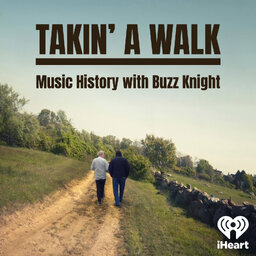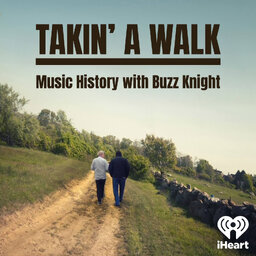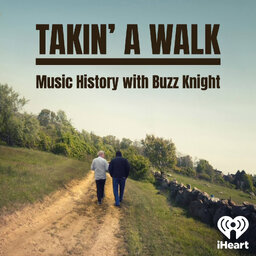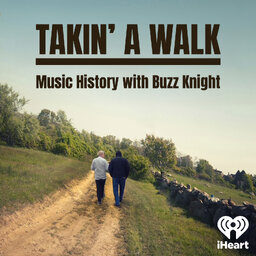Trevor Rabin : Musician, Producer and Film Composer-Progressive Rock Music History
Trevor Rabin is a South African musician, songwriter, and film composer known for his solo work and his work with the progressive rock group Yes.
He later became a prolific film composer and has scored over forty feature films including "Armageddon", "Enemy of the state." "Con Air" and "Jack Frost."
He has a new album out called "Rio".
In 1 playlist(s)
Takin' A Walk - Music History with Buzz Knight
On the Takin’ A Walk-Music History Podcast, Buzz Knight goes deep with American music’s most iconic …Social links
Follow podcast
Recent clips

Join Buzz Knight and Peter Wolf on a Walk Through Music History, Personal Stories, and Legendary Artist Encounters-Replay-Best Music Podcast
40:31

Join Buzz Knight and C. J. Chenier as They Explore the Rich Legacy of Clifton Chenier and Zydeco Music
23:25

Kenny Wayne Shepherd-Music History on Foot with Buzz Knight Blues, Guitars and Inside Bob Dylan Stories-Replay
39:22
 Takin' A Walk - Music History with Buzz Knight
Takin' A Walk - Music History with Buzz Knight